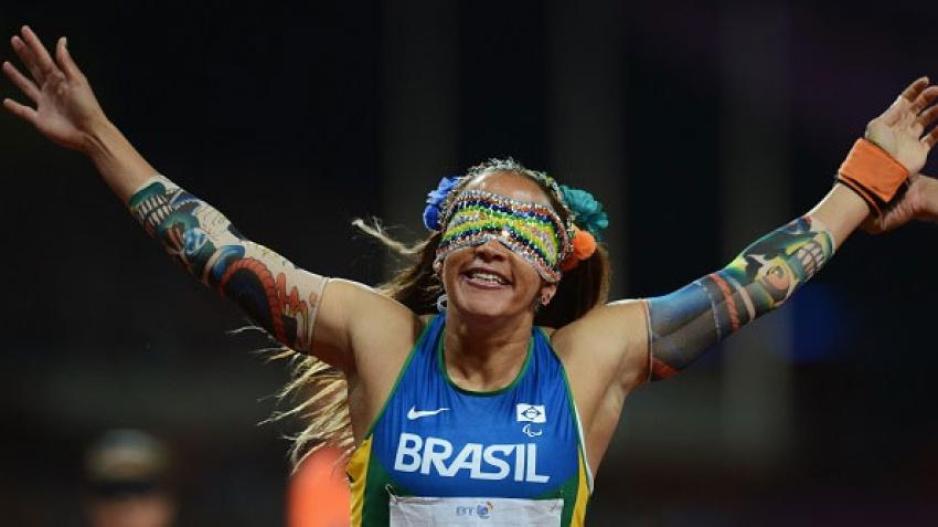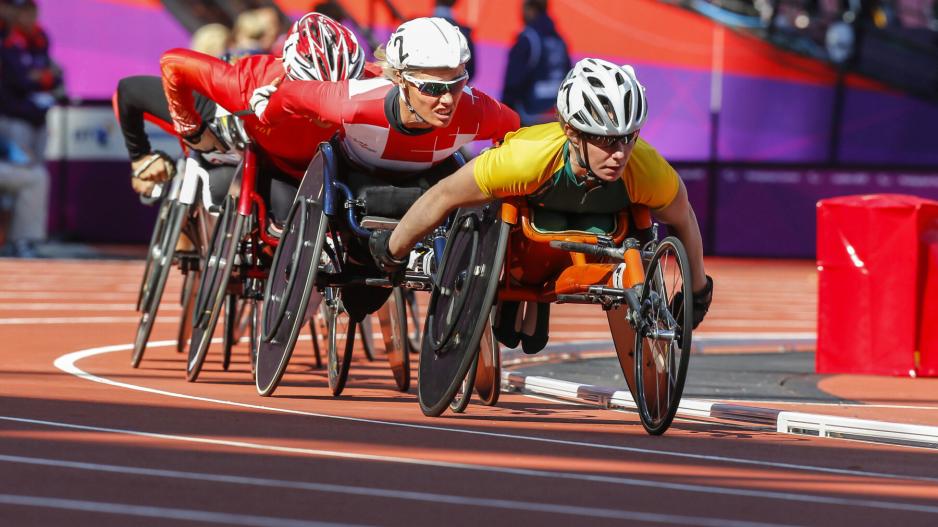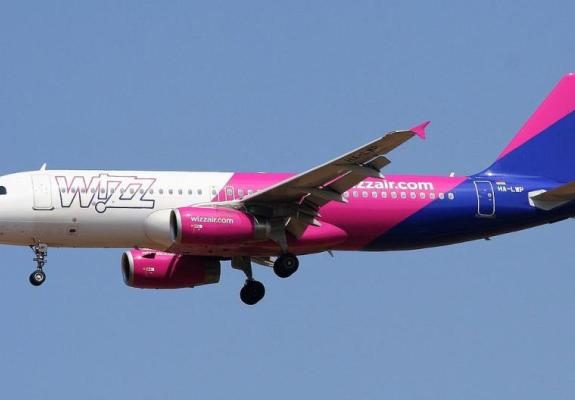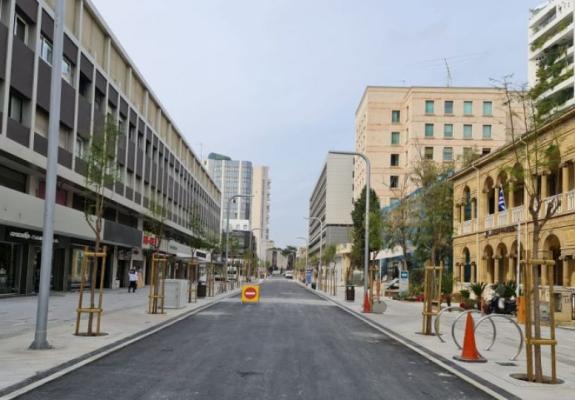The Paralympics: A Journey of Triumph, Inclusion, and Excellence
The Games Inspire Millions, Proving That Barriers Can Be Broken, and That Sport Is a Universal Language That Unites People From All Walks of Life
The Paralympic Games, currently unfolding in Paris from August 28 to September 8, 2024, represent the pinnacle of athletic achievement for athletes with disabilities. Born out of a desire to offer a platform for these athletes to showcase their skills, the Paralympics have evolved into a global phenomenon that champions diversity, inclusion, and the triumph of the human spirit.
The seeds of the Paralympic movement were sown in 1948, when Sir Ludwig Guttmann, a German neurologist, organized the Stoke Mandeville Games for World War II veterans with spinal cord injuries. These games, held on the same day as the opening of the London Olympics, featured 16 injured servicemen and women competing in archery. Guttmann's vision was to use sport as a means of rehabilitation, aiming to inspire those with disabilities to push beyond their physical limitations.

The Stoke Mandeville Games gradually grew, expanding to include more athletes and sports. In 1960, the first official Paralympic Games were held in Rome, featuring 400 athletes from 23 countries. Over the years, the Paralympics have grown in scope, inclusivity, and prestige. They now feature athletes with a wide range of disabilities, including physical, visual, and intellectual impairments, and offer a platform for competition across 22 summer sports and six winter sports.
The integration of the Paralympics with the Olympic Games in terms of timing and location, which began in Seoul in 1988 for the Summer Games and Albertville in 1992 for the Winter Games, marked a significant step in the Games' evolution. This integration not only raised the profile of the Paralympics but also underscored the belief that sport should be accessible to all.
The impact of the Paralympics extends far beyond the sporting arena. The Games have played a crucial role in challenging societal perceptions of disability, promoting accessibility, and advocating for the rights of individuals with disabilities. Paralympians serve as powerful role models, demonstrating that excellence in sport is achievable regardless of physical or mental challenges.
The 2024 Paris Paralympics, taking place in iconic venues across the city, continue this legacy. The event showcases not only the athletic prowess of its participants but also the strides made in creating a more inclusive society. The Games inspire millions, proving that barriers can be broken, and that sport is a universal language that unites people from all walks of life.






